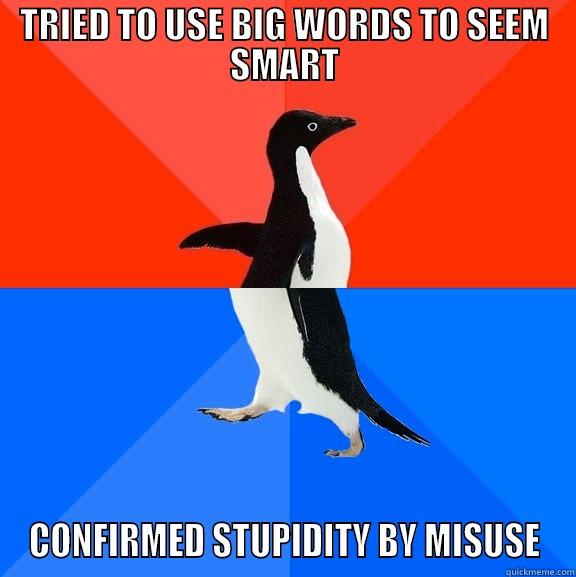0 Comments
Good writers should have a good vocabulary, but good writers should also use words that they and their audience are comfortable with. The thesaurus is a tricky tool. It can wreak havoc on a book, article, or essay if used incorrectly. Words that a thesaurus offers up instead of bland, every day words might look neat, but don’t necessarily mean exactly the same thing as the word they replace. This could completely alter the meaning of a sentence, and worse yet it could leave a confused reader deciding to give up on your piece.
Overuse of Replacing Words
Using a thesaurus from time to time is fine. You are not likely to run into trouble if you notice that you’ve used a particular word too many times and want to replace it to help the flow of your writing. Replacing “quiet” with “silent,” for example, is probably a safe bet. The problem comes when a writer wants to replace a word such as “sad” and goes fishing in the thesaurus to come up with the word “poignant.” Depending on the context, this could be a worthwhile change or it could completely alter the tone and meaning of your sentence.
Create an Experience when Writing
Some people think that using big and obscure words gives their piece more intelligence and prestige. After all, aren’t authors like Nietzsche and Heidegger notoriously hard to understand but heralded for their brilliance? The problem is that Nietzsche and Heidegger were not writing for an everyday audience. Their readers were other philosophers well-versed in the philosophical terminology of the day, who expected their reading experience to be long, disjointed, and arduous.
Unless you are working on your philosophical masterpiece you should not be offering the some kind of experience to your readers. Readers do not look forward to stopping at every word to either wonder what it means or to look it up. Those that go to look it up have disturbed their experience of your writing, and those that simply move on have now missed out on your complete meaning.
Keep your Audience in Mind
The number one thing to keep in mind is to write for your audience. The language you use does not always have to be common and simple. It would be strange if an article about shopping for computers, aimed at a community knowledgeable about computers, included no technical jargon. However, it would also be strange if such an article used the word “procure” instead of the word “buy” when talking about which computer to purchase.
If readers have to toil away at a piece of writing that was supposed to be aimed at them, they will place the blame on you. An overuse of the thesaurus plagues those who are trying too hard to impress others with their writing. The irony is that your work will come off as much more impressive if you write simply and clearly with words that you know. Doing this not only helps you appear knowledgeable, but leaves the reader with the impression that you really are a skilled writer.
